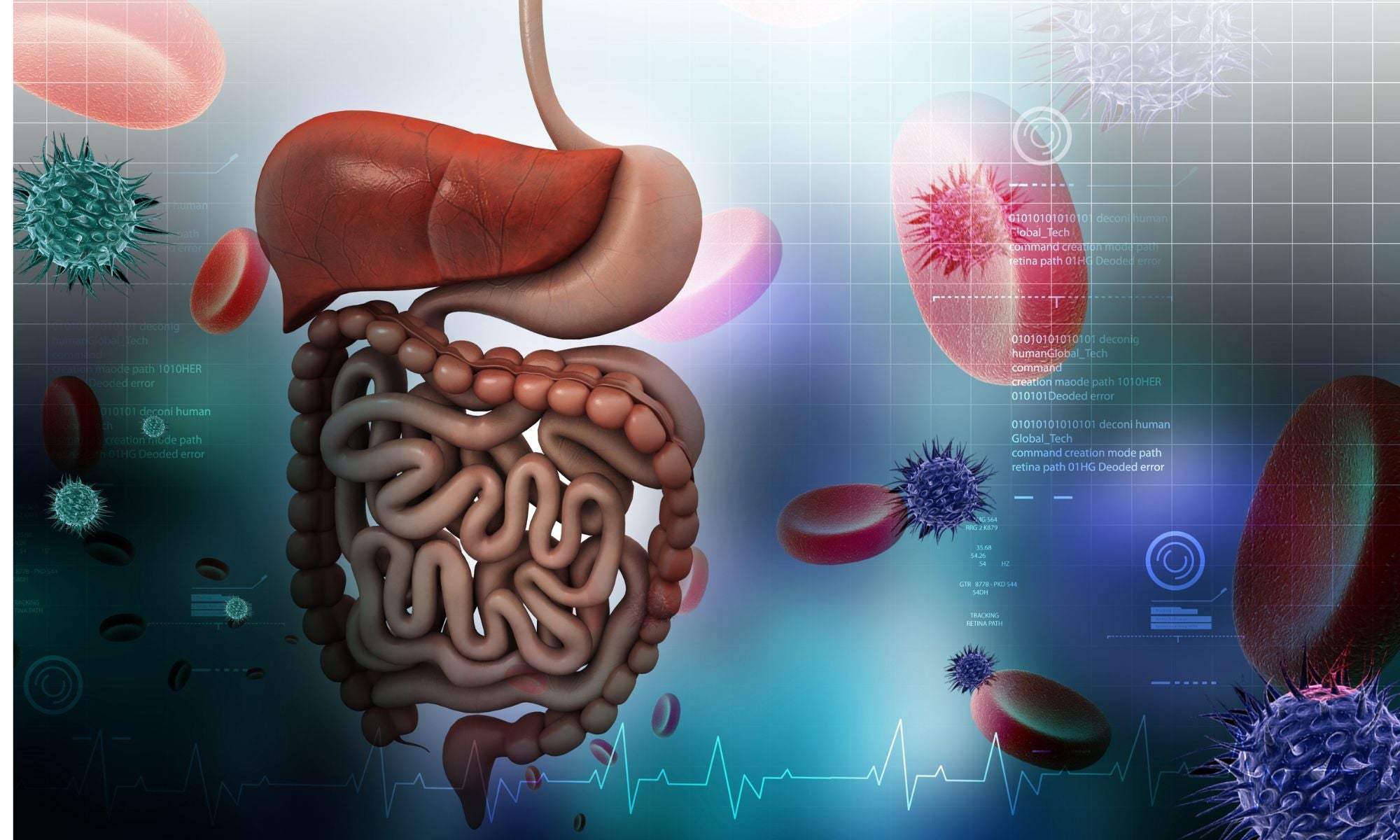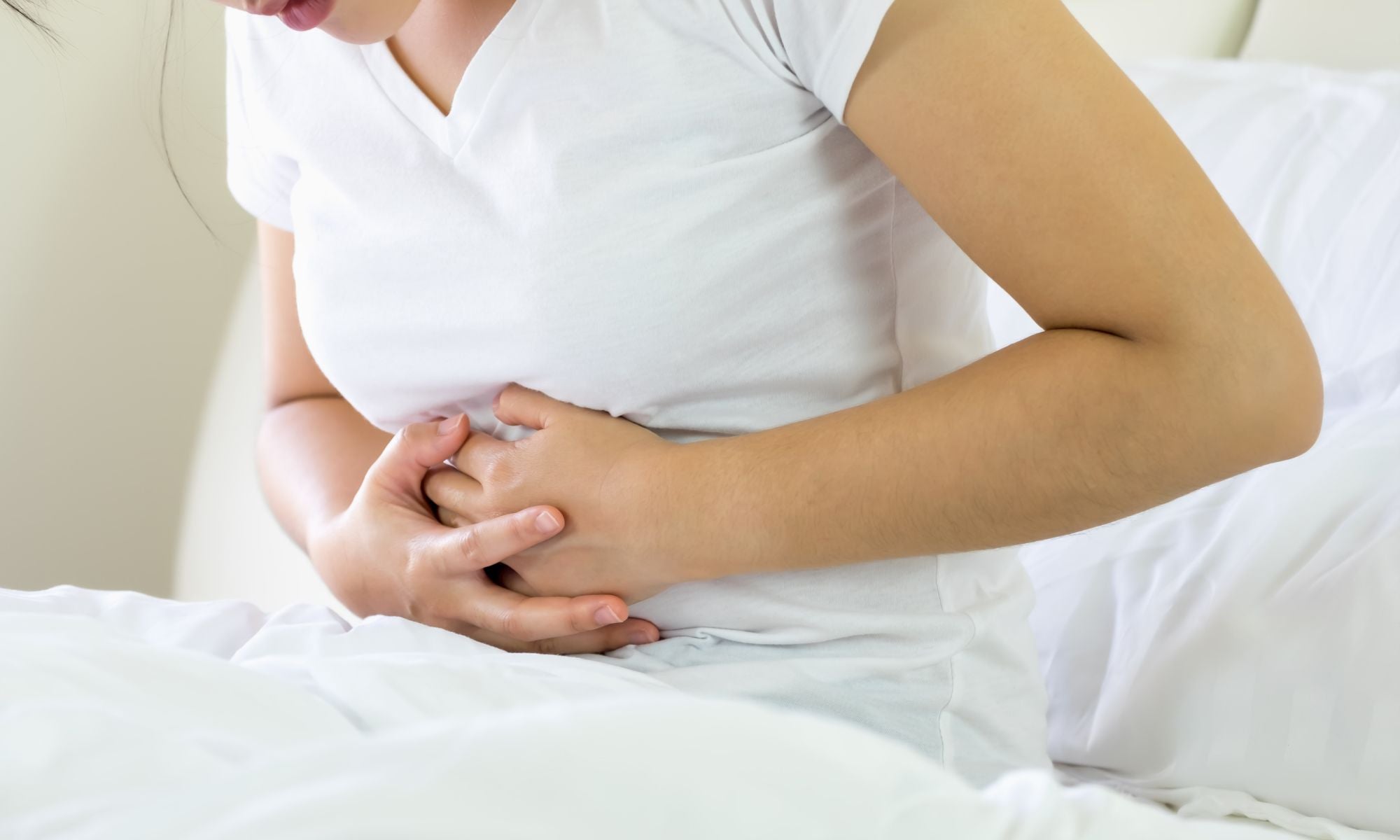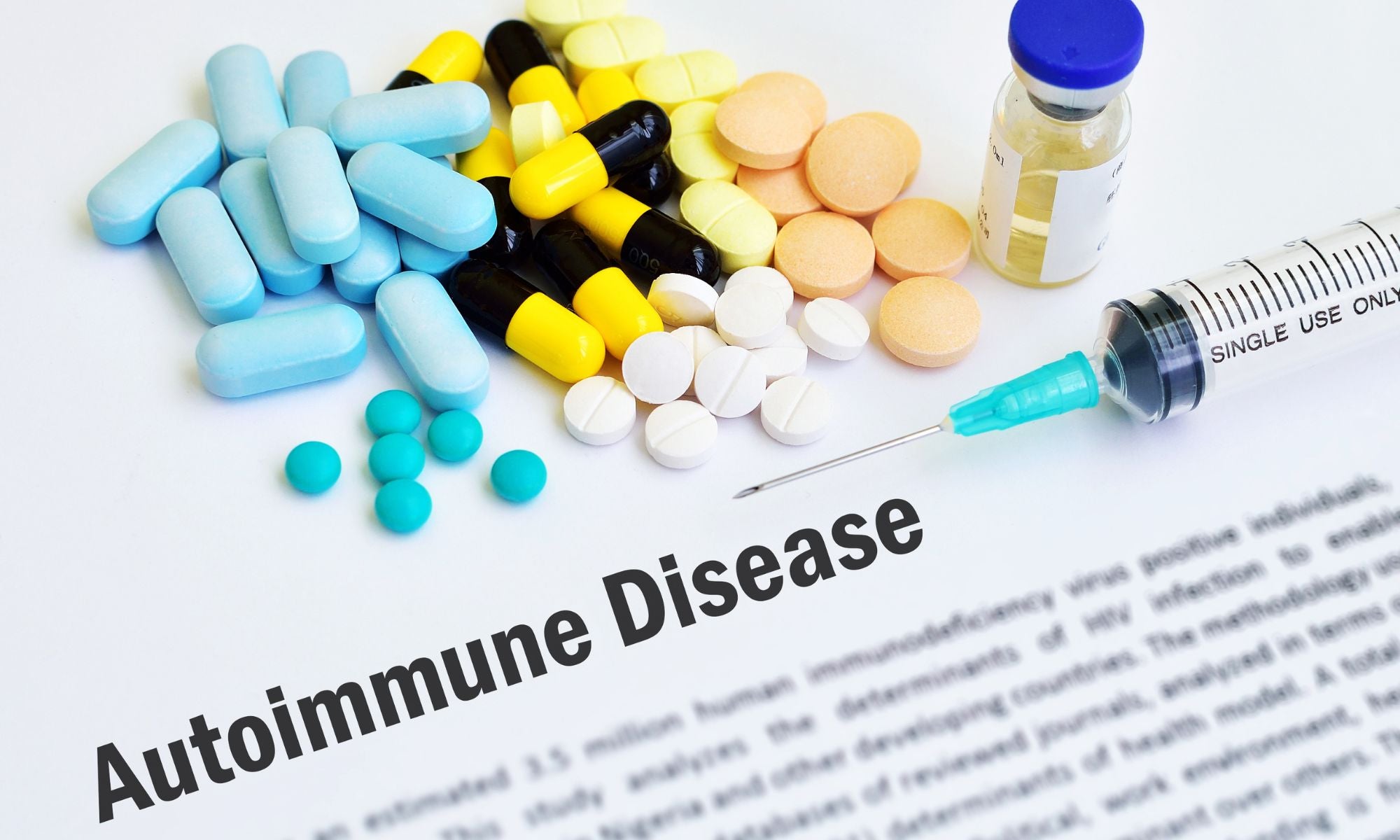
When is Constipation an Emergency Matter?
Introduction
Constipation is a common problem. It can be caused by many different factors, including poor diet, lack of exercise, stress, and illness. When it occurs along with other symptoms such as abdominal pain and bloating, it's important to get checked out by your doctor. In some cases, constipation that isn't relieved by laxatives may require medical intervention. If you have been experiencing constipation for more than three days or have been unable to go for two or three days at a time without being able to relieve yourself properly even then, you should see your doctor immediately so they can evaluate your symptoms and determine what the best course of action is for you personally."
What causes constipation?
There are many different factors that can contribute to constipation. Some are temporary, and some are more permanent. Here are a few common causes:
Some people may not drink enough water every day. If you aren't drinking enough water, your body won't have enough fluid to keep things moving through your system.
Some people don't get enough fiber in their diet. If you aren't eating enough fruits, vegetables, and whole grains, it can be harder for your body to absorb the nutrients it needs to move things along.
Certain medications can cause constipation as a side effect. Ask your doctor if any of the medicines they prescribe for you could be causing this problem!
Sometimes medical conditions like irritable bowel syndrome (IBS) can cause problems with digesting food properly which may lead to constipation or diarrhea depending on how severe the condition is at any given time: It's important for anyone who suffers from these conditions to get regular checkups so they can manage them properly over time

When do you need to see a Doctor?
Although constipation is a normal condition, it can be dangerous if you have severe symptoms. It's important to know when constipation is an emergency matter so that you can seek medical attention immediately when necessary
Blood in the stool
Blood in the stool can be a sign of a serious problem, so it is important to seek medical help if you see blood in your stool. Blood from the anus or rectum is usually bright red and may look like streaks or specks. If blood appears to be mixed with stool, it may be dark brown. However, there are many other causes for bloody stools that do not indicate a serious problem, including hemorrhoids, anal fissures (tears), ulcers and infections.
Bloody stools could also indicate something more serious than just constipation and should be evaluated by a doctor as soon as possible after noticing any signs of blood in one's stool.
Severe abdominal pain
You may have a lot of questions about what it means to have severe abdominal pain. If you're experiencing this type of discomfort, your doctor will want to know where your pain is felt and what makes it worse. The most common places for this type of discomfort are in the lower abdomen (around or below your belly button), upper abdomen (above the belly button), back, groin area, and side of the body below waist level. If you're having severe cramping or sharp pains that make it hard for you to sit or lie down comfortably, then medical attention should be sought out immediately because these symptoms can indicate an emergency situation is present.
Unusual bleeding from the rectum or anus.
When you have a bowel movement, it's normal for the anus to bleed slightly. If you have any bleeding from your rectum or anus that is different from this, it could be a sign of hemorrhoids or rectal prolapse.
If you experience either of these conditions, see your doctor immediately. Severe bleeding can occur in both cases and may lead to serious complications if left untreated.
Vomiting
Vomiting is a sign of an emergency in its own right, but it can also be a sign of something even more serious. It can be caused by food poisoning or a stomach virus, both of which require immediate medical attention—and if you've been vomiting for longer than two days and are experiencing fever or dehydration on top of that, it's time to call 911 immediately.
However, vomiting isn't always the result of a serious illness; sometimes it's simply your body telling you that something isn't right. If you're experiencing severe pain after eating, try staying away from spicy foods and greasy fried meals until your digestive system settles down—you may be suffering from indigestion instead!
Malaise. (feeling weak and tired)
Malaise is a general feeling of being unwell. It can be caused by constipation, other medical conditions and stress, anxiety or depression.
Pain. (pain in the lower abdomen)
Pain is a very common symptom of constipation. It may be sharp or cramping in nature and have a throbbing quality to it; this pain can get worse with time, and you may even feel it in your lower back or radiating down into the groin or thighs. If you're experiencing pain, call your doctor immediately so they can decide if you should go to the emergency room right away.

Seek medical help if you have any of these symptoms
If you are in any of the following situations, seek medical help:
- If you have been constipated for more than a week.
- If your pain is severe.
- If your stools are bloody or black (if you notice any blood in your stool, talk to your doctor).
- If it has been more than a week since you passed gas.
Conclusion
Constipation is a common condition, but it can be dangerous if left untreated. If you have any of the symptoms listed above, it's important to seek medical treatment as soon as possible.
YOUR HEALTH SIMPLIFIED
When it comes to your health, the equipment you use makes all the difference, which is why Medisential sources only premium materials to develop products that are friendly to your body & free from any harsh chemicals. Our commitment to three core principles of quality, efficacy, and sustainability ensures you get the very best products on the planet.
Learn More











